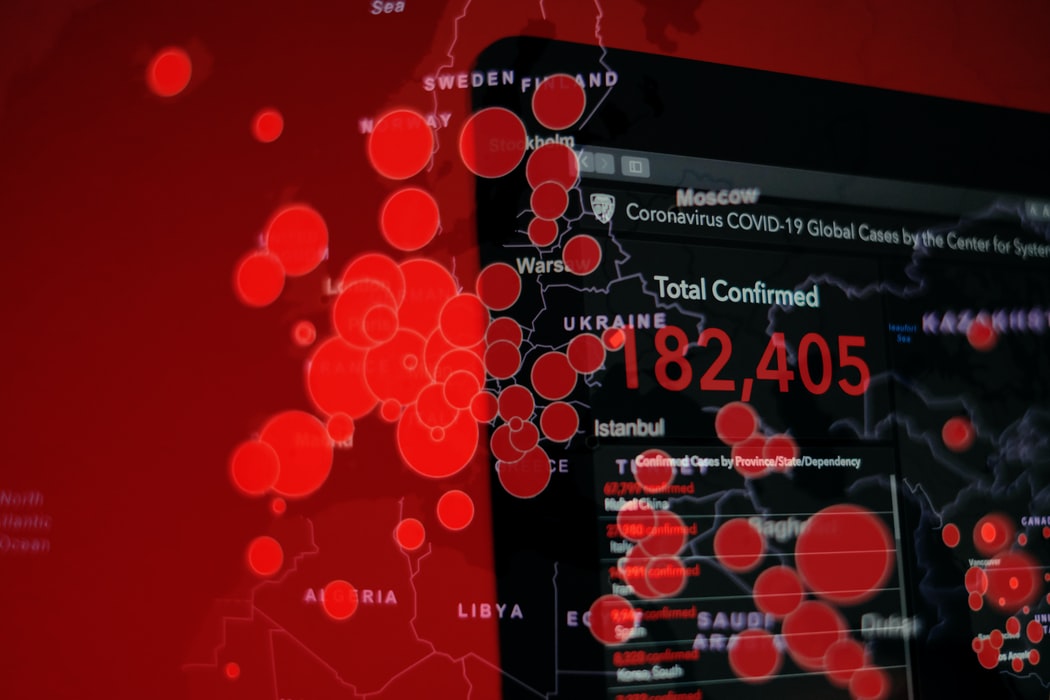Brutally honest or just brutal?
It is perhaps more comfortable in this crisis to kid ourselves that for some of the tough decisions we make about our teams, that the end will justify the means. I wonder if some leaders, perhaps in response to their own anxiety and the overwhelming pressure to react decisively, have the idea that they can temporarily dispense with their long-held principles and established ways of working to get the job done.
Organisations that appear to have fallen into this trap include, for example, the retailer B&M, who, amongst other things, allegedly told staff that if they exhausted their statutory sick pay entitlement that they could expect a call from payroll. There was criticism recently for Easyjet for apparently going ahead with a £174m dividend payout to shareholders not long after they asked staff to take unpaid leave and accept a pay freeze.
Home-working has presented its challenges in organisational responses. The results from a recent CIPD survey indicated that the majority of employers are worried about how well their staff will be able to balance working at home with parenting. Despite this, most of them are still encouraging parents to make up their full contractual hours at home. There are, of course, those organisations that have reacted differently and have, on the face of it at least, demonstrated an approach that seems far more transparent, fair, and compassionate. For example, organisations that have suspended redundancies or materially extended paid leave, some have topped up furloughed pay, and others are providing mental health support.
Even beyond the moral argument that some decisions seem unjust in this environment, the business case reveals that in many instances, the long term impact for the organisation will be harmful, and this is particularly so for lay-offs (whether temporary furlough or permanent redundancies). Academic research tells us perhaps what experienced HR professionals have always known — that the organisational performance benefits of any downsizing regardless of the firm’s situation, is not a given.
Post-lay-offs, survivor’s feelings of relief at keeping their role fall away and are replaced by stress and anxiety. Often referred to as ‘survivor syndrome,’ this adverse response can be as a result of a range of negative perceptions that include that measures have been handled unfairly or that an ongoing threat persists or that leadership cannot be trusted. These feelings are connected to increased turnover, reduced collaboration, and decreased job performance and can also have a long term impact on creativity, and communication.
There is a strong relationship with any down-sizing and post voluntary turnover rates, and without good HR practices, studies indicate that voluntary turnover rates can almost double. This increase in turnover is because the remaining employees will suffer reduced organizational commitment and are then more likely to leave ironically at a time when the organisation is less likely to have the cushion to manage staff losses. The associated costs of recruitment and understaffing are significant, and materially undermine the financial benefits of downsizing.
To extract the long term benefits and mediate the negative impact of decisions made now, the most crucial first step is to understand that laying people off should be the last resort. Of course, some firms are currently facing the sort of financial disruption that means that they perhaps cannot avoid these types of actions or the tough decisions on pay and benefits.
If an organisation takes measures that impact employees, then there are some tangible ways to mediate the negative impact. While the research has focused on the effects of restructures and lay-offs, they apply to any actions taken on pay, benefits, or the working environment.
Fair and square
Survivors will make their assessment as to whether it seemed to them, that processes and decisions were ‘just’. They will consider if communication was compassionate and transparent and if associated procedures, for example, grievance protocols, were available. The organisation’s willingness to be ‘fair’ has implications for them in the long term; for their pay, benefits, and potential for advancement. It is not uncommon for leaders to consider it as a ‘nice to have’ to be fair. Still, studies show that when managers are fair in how they operate, it impacts the bottom line for a range of reasons, including that it promotes innovation and strategic support.
Built to stay
Keep in mind during this time that how committed an individual is to an organisation can be a material factor in how well they rebound, and thus how well the organisation rebounds post-crisis. Factors like retirement plans, on-site childcare, flexible working, and paid sabbaticals can strengthen organisational commitment. Career development also has the potential to mediate the adverse effects of corporate actions. Career development in this context includes; progression opportunities, the ability for employees to assess their skills, formal succession planning with associated developmental activities such as education, training, and job rotations.
Calling the shots
The extent to which employees perceive that they have some organisational control can reduce the negative impact of downsizing or lay-offs on survivors’ commitment to an organisation. There are two ways that organisational psychologists have typically conceptualised organisation control. The first concept is ‘self-determination.’ The extent to which an individual feels that their behaviour is determined by themselves rather than say, coerced. Do employees feel that they have a high influence over their work? If so, then they may perceive under this concept a high degree of organisational control. However, it is the second conception that has been found to more significantly impact organisational commitment and this is the extent to which individuals feel that they can influence decisions made in the organisation. If they believe that they are ‘listened’ to and that outcomes rely on their input, then they perceive a high level of organisational control. It is easy to see here how consultation and collaboration during this period are far more important than we perhaps consider.
In a recent article Nancy Koehn, a respected Harvard Business school professor, gives some insights into how a crisis can create leaders. It takes a crisis for leaders to have the opportunity to overcome hardship and to develop the behaviours to lead others. We may forget, but we do know how important it is to treat people with fairness and transparency, especially when it is most difficult to do just that. We also know that beyond the right thing to do, this type of leadership will mean that we will hold on to people when this crisis is over.









